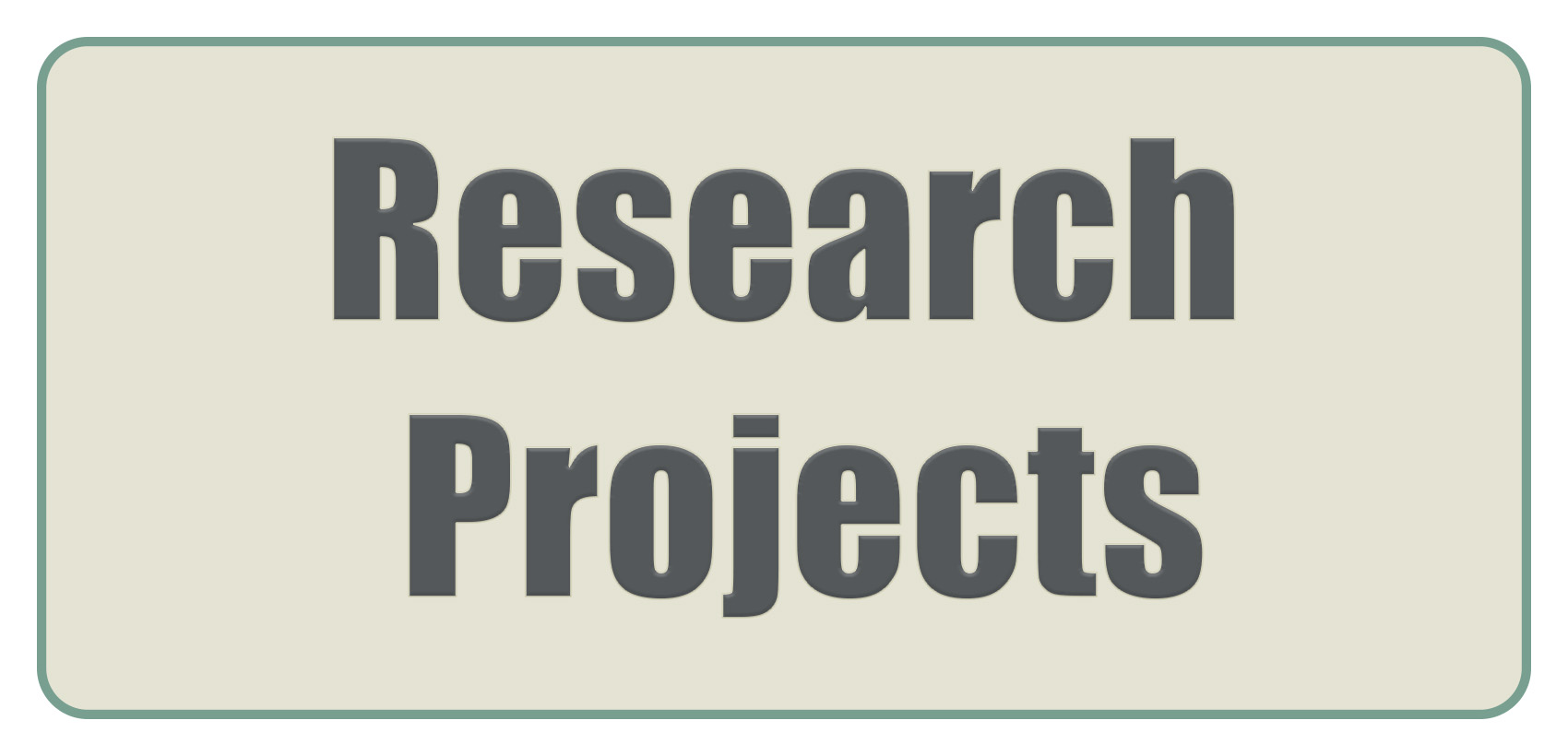Resilient-X LAB
The Resilient-X LAB explores how landscape infrastructure can enhance urban resilience and help mitigate the impacts of climate change at the site scale. Landscape infrastructure encompasses constructed ecosystems that deliver vital ecosystem services—such as water regulation, nutrient cycling, energy flow, and cultural value—strengthening the sustainability and adaptability of urban environments.
As cities face increasing challenges from unsustainable development, aging infrastructure, and limited climate adaptation, the need for resilient, nature-based design solutions has never been greater.
Resilient-X views cities as living ecosystems, applying principles of urban ecology to evaluate landscape performance and its role in supporting both ecological integrity and human well-being. Through data-driven tools and performance assessment, our research investigates the interconnections between landscape systems, ecological processes, and human benefits across multiple spatial scales.
By combining research, technology, and design, the lab equips faculty, students, and practitioners with the knowledge and tools to understand, model, and design resilient landscapes. Our mission is to advance innovative, evidence-based approaches that promote sustainable, climate-adaptive urban futures.
What's Next?
The Resilient-X LAB serves as the foundation for a broader network of specialized research initiatives, including:
- Green Infrastructure Lab — Building and testing Low Impact Development (LID) practices.
- VR+AR Lab — Exploring landscape valuation, augmented and virtual reality, and visual preferences.
- AeroSpatial Lab — Advancing aerial and geospatial data integration for environmental analysis.
- NaturePulse Lab – Measuring how nature influences human health
Together, these labs will create a collaborative platform for research, innovation, and design excellence in resilient urban systems.








